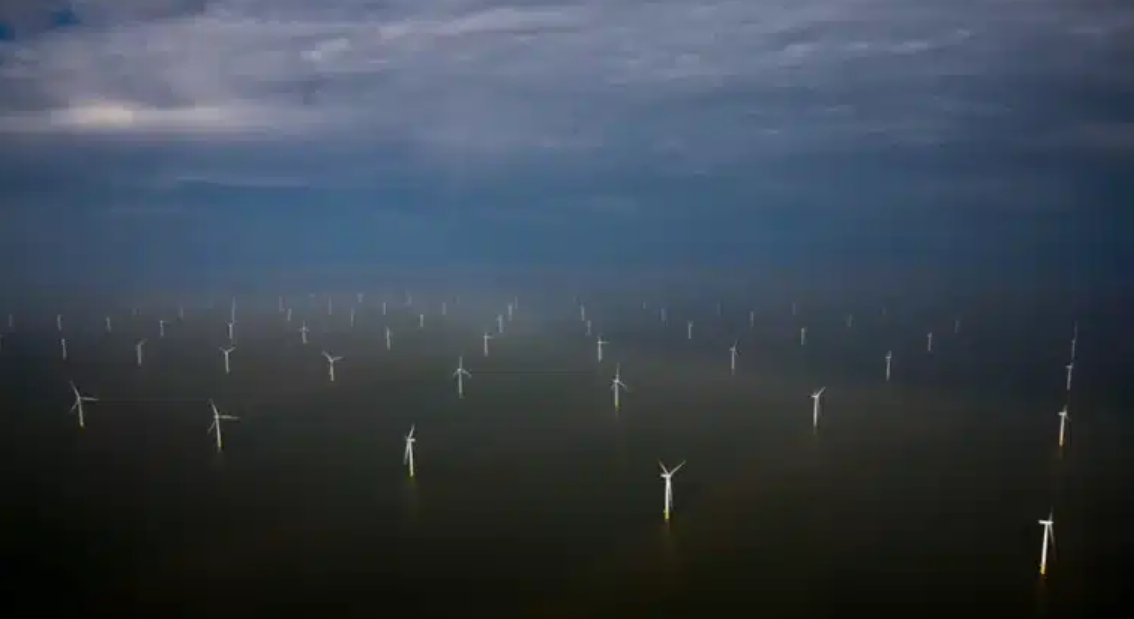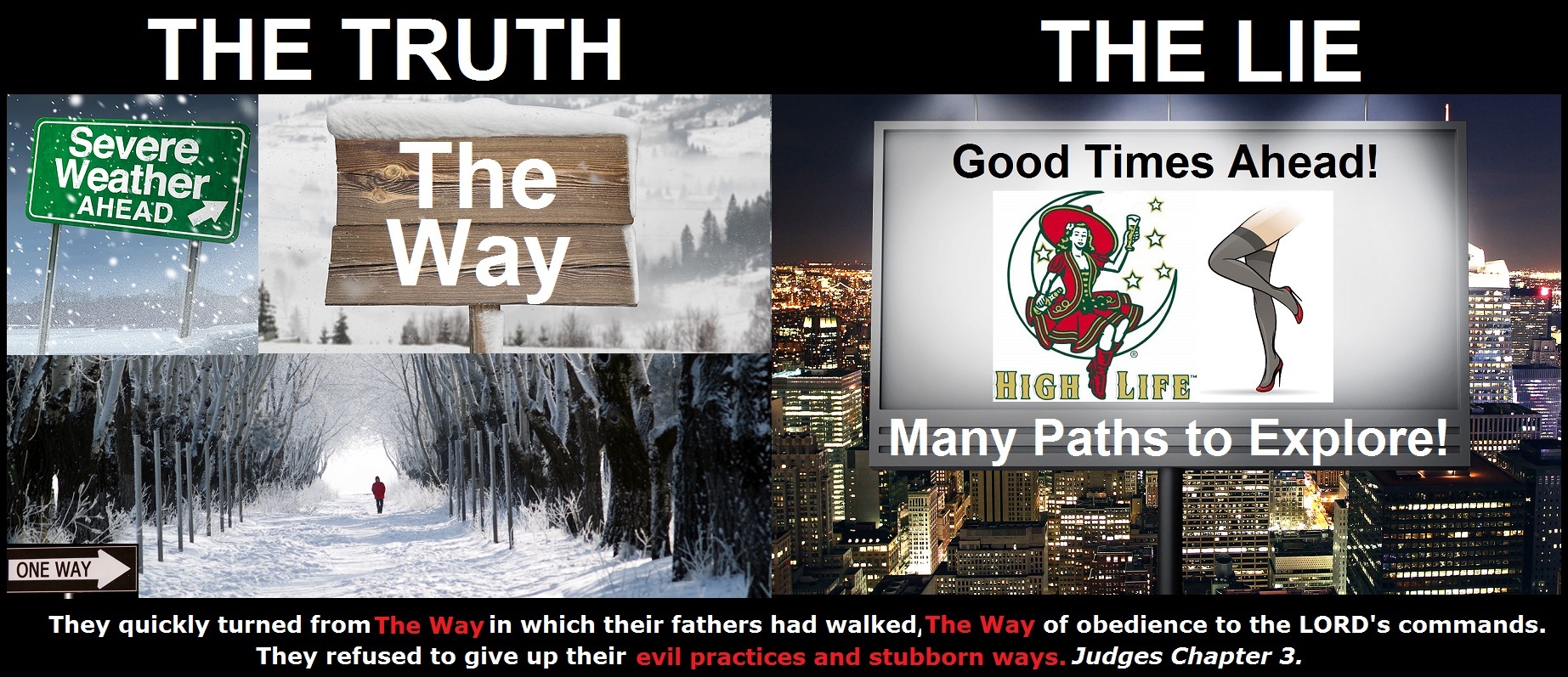“How’s this – kill it with some technical language,” he told his team.
The exchange was revealed in a Freedom of Information request submitted by The Telegraph after apparent obfuscation by the climate watchdog over a story published by The Telegraph in January.
It raises questions about the transparency of the committee, which has been pushing the Government to impose more radical net zero targets.
Mr Stark, a senior public servant whose pay package amounts to more than £170,000 per year, is bound by the Nolan Principles of Public Life, which require “openness” and “accountability”.
David Jones, a Tory member of the Commons public administration committee and former Cabinet minister, said: “Chris Stark steps down as chief executive of the CCC next month. Before he goes, he has some serious questions to answer.
 The Evil Twins of Technocracy and Transhumanism
The Evil Twins of Technocracy and Transhumanism
“On the face of it, urging colleagues to ‘kill’ a reasonable request for information with technical language looks very much like an attempt at obfuscation.
“Mr Stark will undoubtedly understand the crucial importance of academic integrity when addressing such an important issue as climate change. A full and immediate explanation is called for.”
On-the-record denials removed
Jacob Rees-Mogg, the former business and energy secretary, said: “This seems outrageous – a public servant seeking directly to obfuscate. At least Sir Humphrey did it subtly.”
Mr Stark’s comments were made in private emails exchanged within the CCC after The Telegraph contacted the body for a response to a planned article in January.
The article reported a claim by Sir Chris Llewellyn Smith, who led a recent Royal Society study on future energy supply, that the CCC had privately admitted that it made a “mistake” when it only “looked at a single year” of data showing the number of windy days in a year when it made pronouncements on the extent to which the UK could rely on wind and solar farms to meet net zero targets.
Referring to The Telegraph’s initial query about Sir Chris’s comments on Thursday, Jan 18, Mr Stark told staff: “I’m happy with a short response. If you need more, here’s what I suggest. But it may just feed the beast – so less may be more here.”
He added that the Royal Society would be “very embarrassed about this”, and one of his officials contacted the body to alert them.
An unnamed individual – apparently a representative of the Royal Society – stated that Sir Chris “says the comments about privately conceding a mistake were made to him by Chris Stark”.
In the internal emails, Mr Stark insisted to staff that “we absolutely have not conceded that there’s a ‘mistake’ in our work”.
But, despite repeated questions from The Telegraph about whether he did make the comments described by Sir Chris, Mr Stark removed suggested on-the-record denials from the body’s response, telling staff: “No need to fuel a fight.”
‘We stand by the analysis’
In emails to The Telegraph, the CCC said Sir Chris’s comments, in a presentation given in a personal capacity in October, following the publication of his review, related solely to a particular report it published last year on how to deliver “a reliable decarbonised power system”.
But The Telegraph pointed out that its original recommendations in 2019 about the feasibility of meeting the 2050 net zero target were also based on just one year’s worth of weather data. The recommendations were heavily relied on by ministers when Theresa May enshrined the 2050 target into law.
The Telegraph put several questions to the CCC, including asking to what extent the 2019 recommendations – and the predicted cost of the 2050 target – would have been different had they relied on a greater amount of weather data.
In response, an official suggested to Mr Stark that the CCC simply reply stating that “we stand by the analysis” of its 2019 recommendations, adding of Sir Chris’s comments: “We welcome Sir Chris’s work, which considers other aspects of the energy challenge in 2050, under different assumptions about the future energy mix.”
But Mr Stark replied: “How’s this – kill it with some technical language.”
He suggested an extra sentence, which was then issued as the CCC’s official response to The Telegraph, stating: “Our recent report modelled Britain’s power system in 2035 using hourly energy demand across that year and real weather data from a low-wind year, stress-tested with a 30-day wind drought.”
Sir Chris’s report for the Royal Society, published in September, concluded that a vast network of hydrogen-filled caves was needed to guard against the risk of blackouts under the shift to wind and solar generation, which the Royal Society described as “volatile” because it depends on wind and sun to produce energy.
Sourced from Technocracy News & Trends




